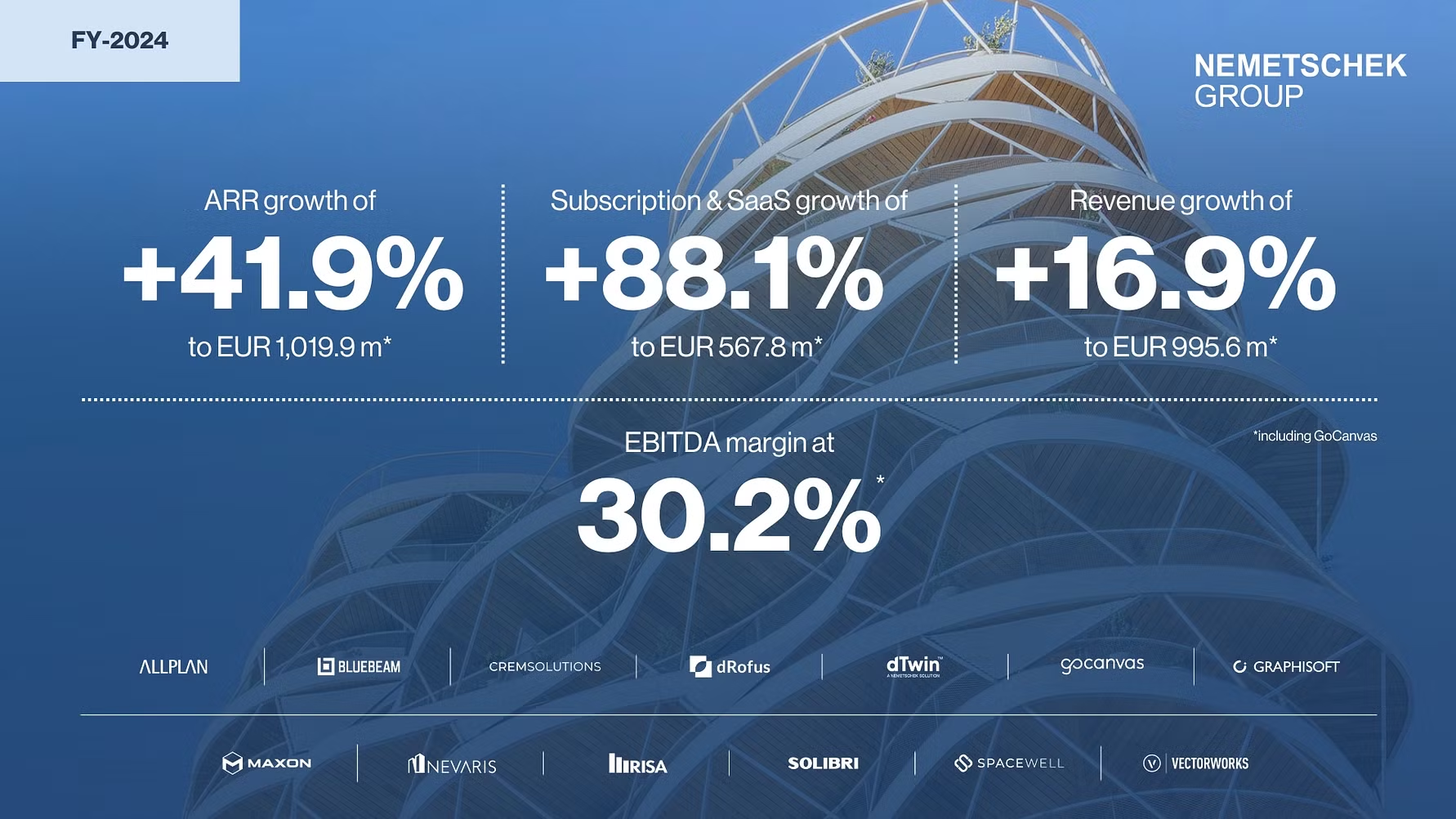Understanding our building usage is a key enabler to deliver an inclusive net zero built environment, says Paul Dodd, head of infrastructure technology at the Scottish Futures Trust
The majority of our future built environment is already in place, with the Green Building Council estimating that 80% of our buildings today will exist in 2050.
How we invest and make the best use of our existing infrastructure will determine how quickly we meet our ambitious climate targets.
The utilisation of our existing estate presents a significant opportunity and challenge, with building owners continuing to balance the need for providing enough capacity with the need to maintain an efficient and sustainable estate.
The pandemic has impacted our usage of buildings further
Asset owners continue to reassess the occupancy of their estates to ensure sufficient capacity now and into the future. However, only by understanding how buildings are used can we then make informed decisions in how we design, maintain and operate them for the future.
Building owners currently have a mixed and limited understanding in the occupancy levels and utilisation of spaces. This is sometimes limited to restricted building management systems that provide part of the picture.
But, where a trusted and deep insight is created into building usage by floors, spaces and occupant flows, this then would provide a transformational capability to improve asset performance. Within schools this could improve:
Community access: If we have a detailed understanding of building usage, we can maximise access for communities to use sports pitches or swimming pools.
Wellbeing: Understanding the flow of pupils within a school can mitigate overcrowded areas, reduce noise and disruptions.
Carbon: Improving the understanding of occupancy can improve how we heat and light our schools to reduce carbon.
Investment: Understanding how pupils and teachers use a school can better inform their future designs.
Environment: Knowing occupancy patterns and building usage can improve management approaches to support environmental conditions, such as temperature, CO2 and light.
How can technology improve building usage?
Infrastructure technology experts at Scottish Futures Trust (SFT) have been exploring the potential of this new capability and the role of technology and information as an enabler to improve how buildings are used.
In June 2021, SFT collaborated with Midlothian Council, Censis and CivTech to deliver an innovation challenge through the CivTech process to seek technology solutions to better inform Midlothian Council on the utilisation of schools. SmartViz (formerly Buro Happold) was the successful company which has developed a data analytics platform that employs IoT sensors to monitor building usage and occupant flows.
These new insights can then inform the management of existing schools but also the design of future schools.
SFT applies Beringar multi-sensors to offices
As well as this, SFT has applied this approach within its own offices. Through the deployment of Beringar multi-sensors, SFT is delivering a new capability to understand building usage of our offices.
The Beringar sensors provide machine learning and monitors anonymous occupant movement to provide a deep understanding of office utilisation and, importantly, the spaces within. The solution also monitors environmental conditions to support staff wellbeing and consolidates this within a reporting platform.
With evolving and new technology solutions for building utilisation appearing on the market, the ability to scale this approach is becoming more affordable. Investment will be required in not only the technology to capture this data but to then invest in the actionable insights to derive the wider benefits.

There is a need to make better use of what we have, and this can be enabled by better understanding how we use our buildings. This capability will support better decisions to improve the performance of our buildings and deliver an inclusive net zero built environment for tomorrow.
Paul Dodd
Head of infrastructure technology
Scottish Futures Trust
Tel: +44 (0)131 510 0800
www.scottishfuturestrust.org.uk














